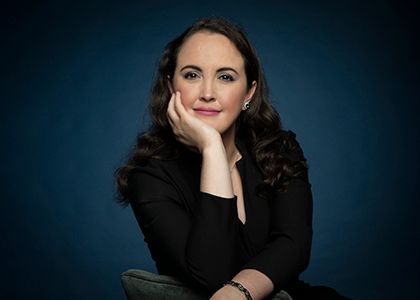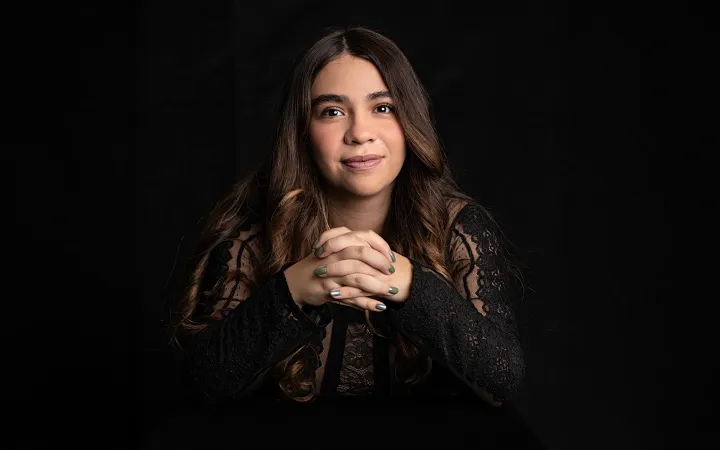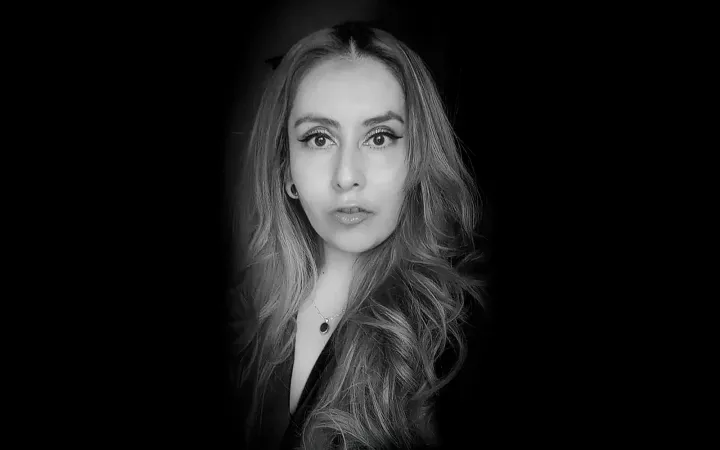
Por Rosa Covarrubias

Las mujeres estamos acostumbradas a ser cuestionadas constantemente sobre nuestra vida privada, ¿por qué no te casas? o ¿por qué no te has casado? Es el primer cuestionamiento que recibimos cuando entramos a los 20's.
Pero hay otra que resulta más incómoda ¿por qué no tienes un hijo?, esa cuando estás soltera, cuando te casas cambia un poco ¿planean tener hijos? o ¿para cuando comienzan a tener hijos?
Debo admitir que antes de los 20 años, solía hacerles la pregunta de los hijos a primas, tías y a algunas amigas mayores que yo, hasta que una de ellas me respondió entre lágrimas, "no puedo, simplemente no puedo tener hijos".
Sabía que su mayor anhelo era formar una familia, motivo por el cual, su respuesta me dejó helada. A partir de ese momento dejé de preguntarles a mujeres cercanas y no cercanas, sobre su decisión de no tener hijos y no es que sea un tabú, la respuesta puede ser tan dolorosa para quienes no pueden tener hijos, que es echarle más limón a la herida, sobre todo si tomamos en cuenta que el 50% de los casos de infertilidad en una pareja son mujeres.
También está la otra cara de la moneda. Ser madres, para muchas mujeres, no es un objetivo de vida, no es prioridad y simplemente no está dentro de sus proyectos.
Cuando la respuesta a la pregunta incómoda es, "porque no quiero; no me veo cuidando a otra persona el resto de mi vida; no me gustan los niños o porque no tengo una solvencia económica para darle una buena calidad de vida a otro ser humano", las respuestas del entorno son aún más agresivas, te tachan de egoísta, tacaña o quizá, la que más coraje y preocupación me ha generado: "seguro nadie la soporta como para hacerle el favor".
Es una realidad que en pleno siglo XXI, las expectativas sociales ponen a las mujeres como madres y si no lo eres, para una gran mayoría, no sirves como mujer o tu género se pone en duda porque no quieres o simplemente no puedes tenerlos.
Los motivos por los cuales no tengo hijos, son míos y de nadie más. En algunas ocasiones he sufrido de agresiones verbales por no tenerlos.
Recuerdo aquella tarde que un colega me dijo: "¿estás segura de que eres mujer?, yo creo que hasta que tengas un hijo te voy a creer que lo eres.
Algunos amigos me dejaron de invitar a sus reuniones porque se convirtieron en fiestas infantiles y, como no tengo hijos, no soy convocada porque, según ellos "me voy a aburrir".
He cuidado niños desde que tengo 12 años. Fui niñera de mis sobrinos y más de 15 han estado bajo mi cuidado.
Me dejaron a cargo de ellos aunque tuvieran fiebre, vómito, bronquitis y un sin fin de enfermedades, me ha tocado llevarlos al hospital a media noche o a las 3 de la mañana.
No eran para nada tranquilos y siempre tenía que estar cuidándolos porque se metían cosas por la nariz, se tragaban dulces que luego se atoraban y hacían de las escaleras toboganes, los colchones servían de trineos.
Aún así, y no es que se lo cuente a todo mundo, cuando me "he atrevido" a comentar algo sobre lo que ocurre con los niños, las amigas que tienen hijos me responden, "tu que vas a saber si no tienes hijos y los sobrinos no son lo mismo".
Efectivamente, el cuidar y vivir experiencias muy agradables y algunas desagradables con ellos, hizo replantearme la posibilidad de tener hijos.
PD. Cuidar de mis sobrinos es la mejor experiencia de vida. Si tuviera hijos seguro no sería tan aprensiva como soy con ellos, porque no son mi responsabilidad todo el tiempo y, si les sucede algo, no habría padres que me reprochen.
Las opiniones expresadas son responsabilidad de sus autoras y son absolutamente independientes a la postura y línea editorial de Opinión 51.
Más de 150 opiniones a través de 100 columnistas te esperan por menos de un libro al mes.






Comments ()